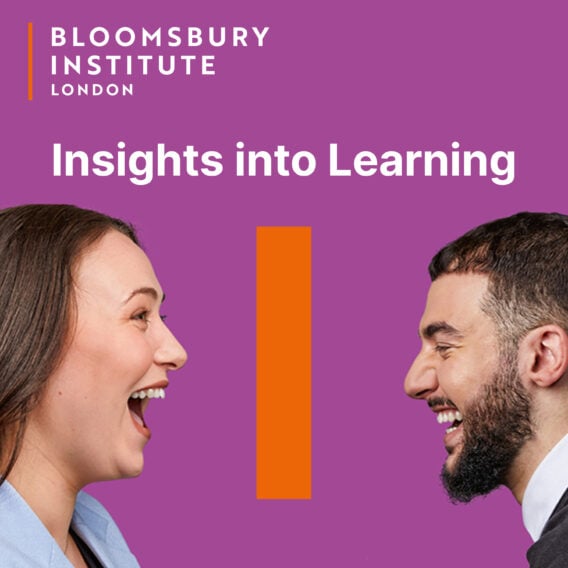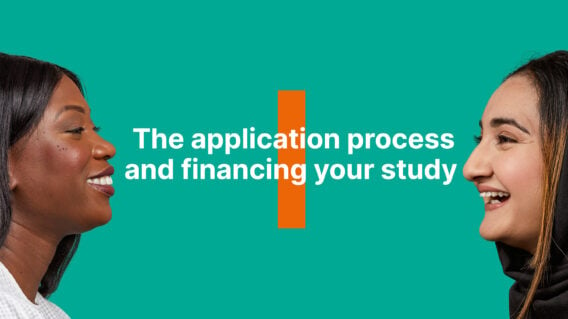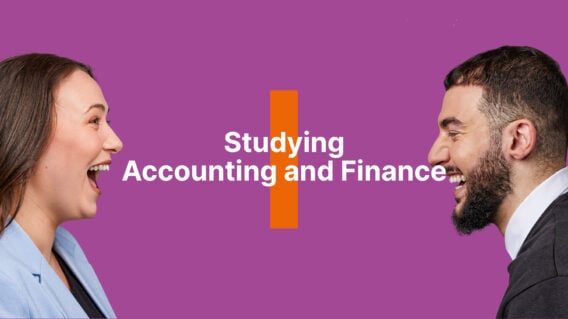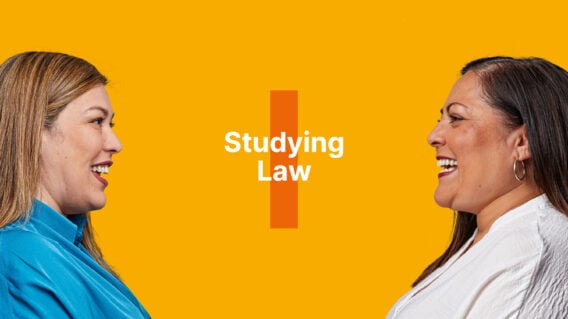Dive deep into accounting and finance and prepare for a career in the financial sector or further academic study.
Apply now to start in October 2025


Duration
1 year
Study mode
Full-time, Lectures, seminars and workshops 3 days per week
Start date
February, June, or October
Awarding Body
Wrexham University
Fees
Home: £12,000
International: £16,500
Location
Taught at our Central London campus
UCAS Institution code
L73
Entry Requirements
A degree or other qualification, that is equivalent to a UK Honours Degree, in accounting, finance, banking or a related discipline.
Course Modules
The following three, 30-credit modules, along with the dissertation module (60 credits), are mandatory.
This module helps you to develop a deeper knowledge and build skills in understanding corporate governance theories, principles, and mechanisms. Focusing on how to improve the governance of public companies, and how to apply and understand accounting standards the module explains the theoretical frameworks required to prepare financial statements for a number of entities, including groups. Integrated reporting, and how to analyse and interpret those financial statements, are also covered in this module.
You will learn how to implement corporate governance codes, mechanisms, and principles to develop a sound monitoring system that ensures greater transparency and accountability that safeguards the interests of stakeholder groups in public companies. The module also introduces the conceptual and regulatory framework of Financial Reporting to broaden your understanding so that you can analyse and discuss topical issues and challenges facing the profession today.
This module prepares you to deal with key accounting transactions by following International Accounting and Reporting standards. Upon the successful completion of this module, you will be able to prepare financial statements for a single entity and groups as per ISA and IFRS. You will also be capable of analysing and interpreting financial statements for internal and external purposes.
Assessment
| Individual portfolio | 50% |
| Examination | 50% |
The tools and techniques used to apply strategic management accounting and decision-making theory are covered in this module. You will explore management accounting’s position within the strategic management of businesses and how these techniques can be integrated into the strategic decision-making process. The module places particular emphasis on the implementation of appropriate management accounting systems to complement different strategies. Applications, cases, and examples include multinational organisations, SMEs, non-profit and governmental organisations.
On the successful completion of this module, you will have a good understanding of how management accounting contributes to organisational strategic decision-making. You will also understand both the theoretical principles of strategic management accounting and its practical application, which assists in the analysis of management accounting data and the development and monitoring of business strategy.
Assessment
| In-class test | 40% |
| Examination | 60% |
Leadership, management, project management, investment, financing, and dividend policy decisions are all skills which a finance manager requires. This module covers these areas and also helps to develop a deeper understanding of firms’ financial management, long-term investment, and working capital management, which will help you to understand financial decision-making in enterprises.
Appreciating different types of leadership and management styles and their impact on performance and relationships in organisations are covered in this module. You will also consider the concepts and phases of project management, project management techniques, and management and leadership of the project.
Finally, this module will guide you on how to use corporate financial theory, project management techniques and leadership and management styles and their application in real-life scenarios encountered by entrepreneurs and decision-makers in the corporate world.
You will be able to explain capital budgeting techniques, sources of short and long-term finance and dividend policies that assist public companies to achieve shareholder wealth maximisation objectives upon the successful completion of this module. You will also understand the impact of leadership and management styles on firm performance and the project management techniques required to lead and manage projects successfully.
Assessment
| Individual portfolio | 50% |
| Examination | 50% |
Your MSc dissertation is an independent piece of research. You will be graded on your ability to identify a topic relevant to the programme, design and execute research and present it as a dissertation. The core integrative element of the MSc Finance and Wealth Management programme, your dissertation is the final stage of the master’s degree and provides an opportunity to demonstrate that you have gained the necessary knowledge, understanding, conceptual awareness and skills required to organise and conduct academic research.
Assessment
| Research proposal | 20% |
| Dissertation | 80% |
You will choose one of the following two modules that are worth 30 credits.
This module enables students to understand and apply strategic financing, investment, and risk management decisions within a global context. The module covers the financial management dimensions of leading a multinational enterprise (MNE). The MNE as an organisation poses unique demands on business leaders, who are confronted with a multitude of challenges. The increased importance of the global integration of money and capital markets has created expanded opportunities for investors and organisations alike. In normal life, risk is usually regarded as something that should be avoided entirely, however, in the investment world, risk and performance are inseparable. Understanding risk and how to manage it is one of the important skills in the financial world. Volatile exchange rates have not only increased risk, but they have also created unique opportunities for both investors and firms to profit given a proper understanding of exchange rate risk management.
On the successful completion of this module students will possess a demonstrably good understanding of the international financial system, the evolving globalisation of the world economy and the strategies firms can employ to react to these changes, including hedging techniques. Students should also understand financial derivatives in an integrated manner, in their application to risk management.
Assessment
| Group project | 50% |
| Examination | 50% |
You’ll take a closer look at money, monetary policy and financial markets in the globalised world in this module, offering an insight into the techniques used to decide monetary policy and how they can be applied in real-world situations. A sound knowledge in these essential areas is crucially important for finance professionals who have to grapple with the effects of monetary policy by central banks and occasional financial crises.
Successful completion of this module will enable you to confidently evaluate the impact of monetary policy on businesses, households and other economic agents. You will also develop a deeper analysis of the money creation process, general equilibrium theory, inflation, portfolio theory, monetary policy objectives and instruments, interest rates, central bank independence, and many other topics related to monetary policy. In addition, the content in this module should complement the other modules in the MSc programme to ensure students have the necessary knowledge, understanding and application to work as competent practitioners in the financial industry.
Assessment
| Group project | 50% |
| Examination | 50% |
We use oral assessments, presentations, simulations, group, and individual, projects in addition to traditional assessment methods (examinations and coursework) so that you can explore and express your abilities in different ways. Assessments are not just a way of assessing whether something has been learned, but an opportunity to develop skills that will equip you in your future life and career.

Our Personal Tutoring (PT) scheme provides additional guidance and support for postgraduate students. Students have the opportunity to regularly meet with their peers and staff members in a less formal atmosphere than in the classroom. PT includes a combination of group and one-to-one sessions in which students discuss their course, and their experiences at Bloomsbury Institute, raise issues, ask questions and receive pastoral support.
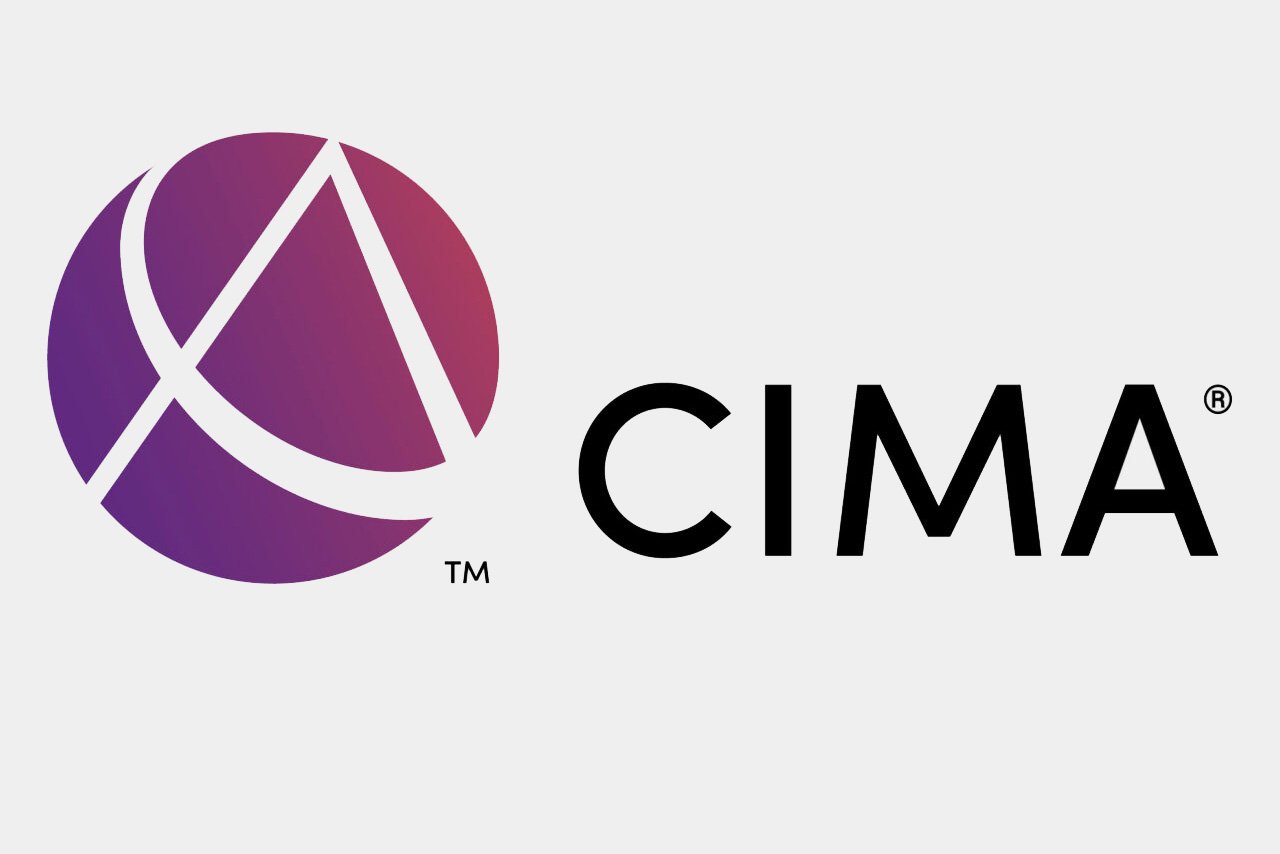
CIMA, the Chartered Institute of Management Accountants, accredits this course. You can receive up to 11 exemptions from CIMA examinations by successfully completing our Accounting and Finance MSc courses. Accreditations and professional body memberships increase the value of your degree, and in turn your employment prospects, vastly.

An MSc Accounting and Finance degree can provide an array of employment opportunities in various sectors such as accounting, banking, investment management, insurance, and consulting.
Our Careers Hub is also here to help students launch their careers and take part in paid and voluntary positions.
- At least a second-class honours degree in Accounting, Finance, Banking or a related discipline or
- Work experience in an appropriate accounting and/ or finance environment with successful completion of CIMA, ACCA, ICAEW, CPA or CFA professional examinations up to the final stage.
- You may also be required to pass an academic interview.

How the application process works
Complete the application form to let us know which course you would like to study and your existing qualifications.
Apply for Student Finance as soon as you have submitted your application to avoid delays.
You will be offered a place if you meet the entry requirements, or, invited to an Admissions Assessment.
International applicants are issued a CAS or may take a Pre-CAS Interview in order to gain a Student visa.
Welcome to Bloomsbury Institute! Enrolment and Induction take place the week before your studies begin.

We pride ourselves on supporting each and every student on an individual basis. Disabilities, long-term medical conditions, or specific learning difficulties are never barriers to success at Bloomsbury Institute.

You will be able to access CIMA resources whilst studying with us and will be exempt from up to 11 CIMA examinations should you choose to qualify as a Chartered Accountant after graduation.

Our Student Guild is here to support you, enhance your experience and represent your views. The Guild is student-led so get involved and help improve the Bloomsbury experience for you and fellow students.

Don’t let the cost of travel prevent you from success in your studies. Travel Bursaries (covering Transport for London’s Zones 1 – 6) are available to all students funded through the Student Loans Company.
Please note: From October 2025, the Travel Bursary will be replaced by a Household Income Bursary and Childcare Grant. This change offers students flexibility and additional support based on individual needs. For more information, including eligibility criteria, click here and go to page 28.
Home student fees apply to students who do not require a Student Visa to study in the UK (e.g. UK and Irish citizens; EU citizens with settled or pre-settled status). International fees are applicable to students who do require a Student Visa. The Alumni fee is a 25% discount applicable to Bloomsbury Institute graduates who do not require a Student visa.
The Bloomsbury Institute difference

Students build up their hours on course, for example via Bloomsbury Law Clinic.

In the heart of London’s education quarter, with access to Birkbeck’s vast library and resources.

As soon as International students are enrolled on the pre-sessional programme or their degree course, they will have access to Student Circus, providing a wealth of vacancies, support, employability courses and resources.

The Student visa entitles students to work 20 hours per week, full-time during vacation, and on successful course completion they receive a further two-year Graduate visa.

Explore more Business Management courses
Duration:
2 YearsStudy:
Full-TimeStart:
OctoberGain a greater insight into learning
Do you have any question about studying with us? Check out our Podcast series, Insights into Learning, that covers all the issues that applicants frequently ask us.
You will gain insights from our subject experts and learn more about life at Bloomsbury Institute.
